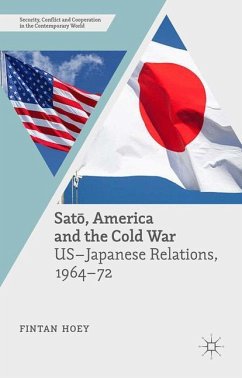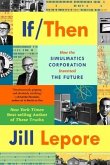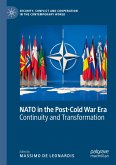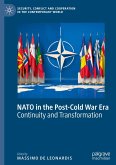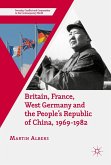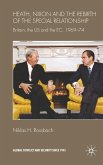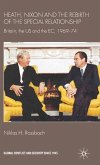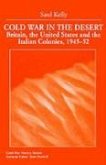Using recently released archival material from the US and Japan, this book critically re-examines US-Japanese relations during the tenure of Sat Eisaku, Japan's longest serving prime minister. During these critical years in the Cold War in Asia, with the Vietnam War raging and the acquisition by China of a nuclear capability, Sat closely aligned with the US. This directly contributed to his success in securing the reversion of Okinawa and other Japanese territories which had remained under US control since Japan's surrender at the end of World War II. To accomplish this he was also forced to conclude secret agreements with President Richard Nixon, including one on nuclear weapons, which are explored fully. Sat faced the challenge of the Nixon administration's attempts to shore up the relative decline in American power with policies at odds with allied interests. Sat successfully overcame such challenges and also laid the groundwork for Japan's anti-nuclear policy.
Bitte wählen Sie Ihr Anliegen aus.
Rechnungen
Retourenschein anfordern
Bestellstatus
Storno

